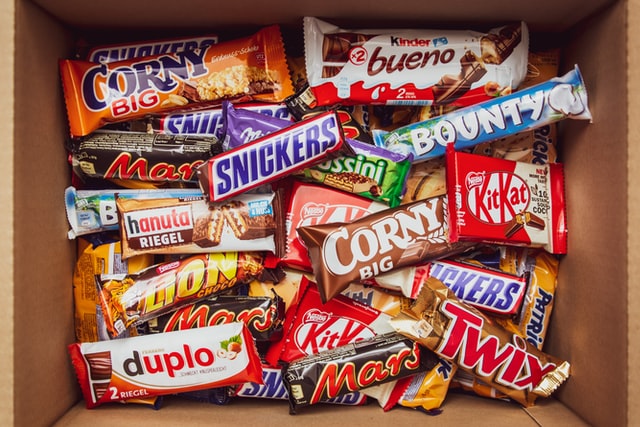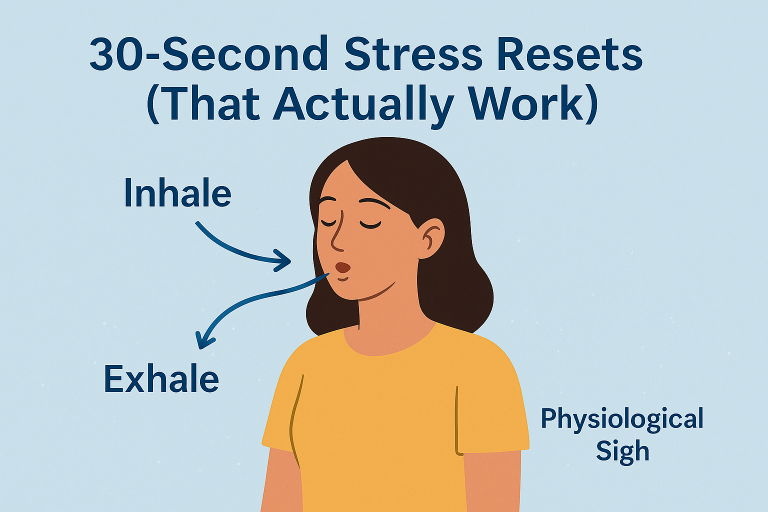What is a Snack and Why Do We Need It?
A snack is a small amount of food that we eat between our meals. Usually snacking is avoided by most people and they try their best to avoid it as much as possible.
But, if you can’t avoid light meal, make sure to keep it healthy and light.
Snacks are not only limited to sweet foods like donuts or cookies; they can also be fruits, vegetables, or any other healthy food that satisfies your hunger.
Snacks – Healthy or Harmful?
Eating snacks is healthy for some people, but not for others. For the most part, snacking is healthy for people that are not overweight or obese.
Snacking between meals helps to keep your blood sugar levels stable, which can reduce the risk of insulin resistance.
Snacking can also help to decrease hunger and overeating at mealtimes.
However, if you are overweight or obese, snacking can be unhealthy because it may lead to overeating at mealtimes and weight gain.
How can I turn snacking into a healthy habit?
Here’s how you can turn snacking into a healthy habit:
1. Make a list of the goodies you currently have in your house and decide which you want to keep.
2. Plan out your snacks for the week, and decide how much you want to consume in a day.
3. Add healthier snacks to your diets such as fresh fruit, vegetables, or iced tea.
The key to staying healthy when snacking is to plan your snacks. Make sure you’re choosing healthy, filling snacks that are less than 200 calories.
A healthy way to indulge in a snack is to choose an item with some protein, fruit, and vegetables, such as yogurt with slivered almonds, apple slices, and spinach.
What Makes a Good Snack and 8 Healthy Ideas for You
Light meal time is always a great way to refuel your body. It can help you maintain your energy level throughout the day.
There are many snacks that are healthy, but not all of them are low-calorie. With some planning ahead, you can find good low-calorie options that will satisfy your hunger without destroying your weight loss goals.
Check out our list below for some great ideas!
Fruit
You might not think of fruit as a snack, but it actually is! Fruits like apples, oranges, and bananas contain fiber and water which will help keep you full while satisfying your sweet tooth.
Popcorn
Did you know that popcorn is one of the most popular low-calorie light meals? This savory treat is perfect for a movie night with friends or snacking at home on the couch. Popcorn is also great because it has zero saturated fats and trans-fats, and it’s a good source of fiber.
Milk
Milk is one of the best snacks that you can have because it has calcium! Calcium helps to build healthy bones, teeth, and muscles. Milk also contains protein which will help your muscles recuperate after a strenuous workout at the gym or playing sports.
Plain yogurt
Plain yogurt is a great source of protein and calcium! Since it has a tangy flavor, you do not need to add sugar or fruit. You can easily make your own healthy yogurt dip by adding some celery and carrot slices – yum!
Nuts
Nuts are one of the healthiest nuts around because they have protein, fiber, and healthy fats! They’re also very versatile. Try them in salads instead of croutons or eat them plain for a quick snack on the go!
Edamame
Edamame is one of my favorite snacks because it’s filling and packed with protein. You can find edamame in the freezer section at your local grocery store. Just pop them in the microwave and wait a few minutes – you’ll have a tasty, healthy snack ready to go!
Greek yogurt
Greek yogurt is another protein-packed snack. It has twice as much protein as regular yogurt with a ton of calcium too! If you’re looking for a sweet treat, Greek yogurt is also great because it’s low-calorie.
Peanut butter
Peanut butter makes for another great protein-packed light meal! You can mix it with some fruit or spread it on apples. Just make sure that you choose the low-sugar, 100% natural peanut butter brands instead of typical brands.
Top 10 Reasons Why You Should Be Eating More Frequent Smaller Meals
Here are the top 10 reasons to eat frequent smaller meals:
1. Eating three large meals every day has been found to cause people to overeat because their stomachs do not have enough time to digest between mealtimes.
2. Regularly eating smaller, more frequent meals helps you feel more full or satisfied than with larger meals at less frequency.
3. It is important to eat frequently so that your blood sugar levels stay level and you avoid hunger spikes.
4. It is easier for your body to fully digest small, frequent meals than large ones due to the shorter period of time in your digestive tract, which helps waste move through faster.
5. Eating more frequently is important when following a weight loss plan because it keeps your metabolism going.
6. Eating more frequently helps lower cholesterol levels by giving the liver a chance to process excess amounts of LDL (bad cholesterol) and turn them into HDL (good cholesterol).
7. Eating small, frequent meals allows you to keep better track of what you are eating throughout the day and eat fewer total calories.
8. Eating more frequently helps control your appetite and hunger, which leads to better food choices and makes it easier to limit overindulging at mealtime.
9. Eating small frequent meals helps you maintain and build muscle tissue and burns more fat than larger, less frequent meals because of the increased amount of energy needed to digest more meals.
10. Eating small, frequent meals releases a steady supply of amino acids for the liver and muscles, which provides energy throughout the day without storing extra fat in storage form or causing you to feel jittery or irritable from blood sugar spikes.
In summary: eating smaller, more frequent meals is great for your overall health because it helps you avoid overeating, balances blood sugar levels, keeps your metabolism going all day, and builds muscle tissue to help burn fat.
Top Tips for Choosing A Healthy & Nutritious Snack
So what exactly makes a healthy snack? Here are some tips:
1. Snack on things like fruit and vegetables, which have fiber that keeps you fuller for longer.
2. Don’t go overboard with salty refreshments because salt contains sodium. If you eat too much of it, your body will retain water, which can lead to bloating.
3. Stay away from processed foods and go for snacks that are high in protein, fiber, and healthy fats!
4. Think about snacking on a smaller portion of your favorite meal instead of going for a completely separate snack altogether. Try making a healthier version of your go-to meals to have as a snack later.
5. Cut back on snacks that are high in sugar, fat, and sodium. These may be tasty, but they aren’t good for your body!
6. Keep track of the types of snacks that you eat throughout the week so that you can see where you could improve or what changes to make next time you’re shopping.
7. Make sure you are buying snacks that are low in ingredients, preservatives, and things you can’t pronounce.
8. Don’t get sucked into the trap of thinking that eating healthy means eating boring! There are plenty of healthy snacks out there that taste great!
9. Don’t be afraid to try new things – you never know, you might find a new favorite snack.
10. Keep healthy snacks on hand so that when hunger strikes, you’re prepared!
Ending note
Snacking is a great way to help you maintain a healthy lifestyle! Eating snacks in moderation can be a great way to avoid overeating, deal with hunger and provide your body with essential vitamins and minerals.
There are many different types of snacks to choose from-healthy options as well as unhealthy ones. It’s important to keep yourself from making unhealthy snacking choices because those will likely lead you to gain weight, which isn’t what we’re going for here.




